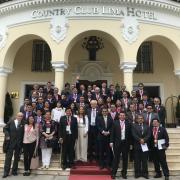
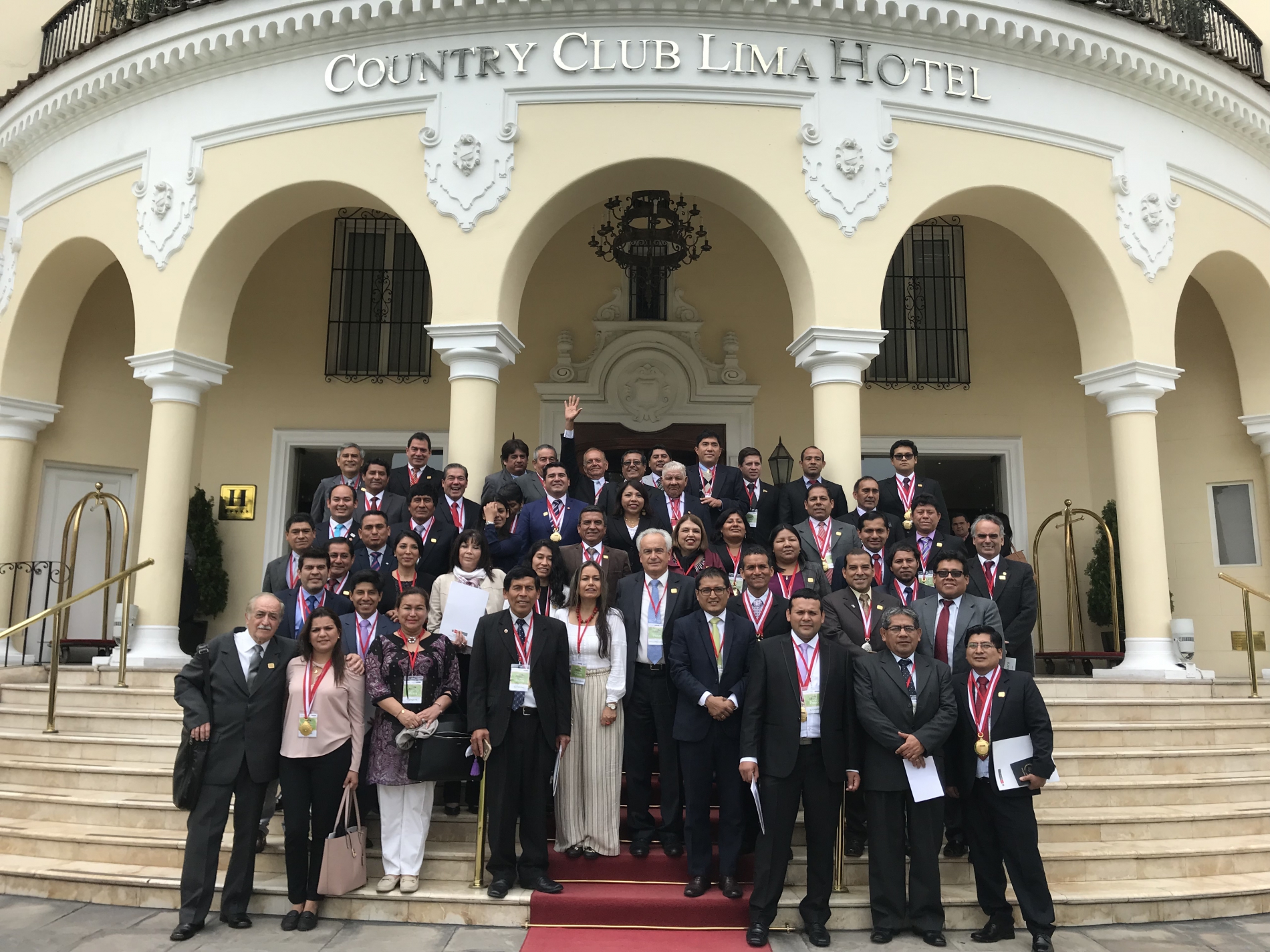
This competition, which takes place under the patronage of the OIV, was organised by the Pisco National Commission led by the Vice-Minister for Production, Mr Javier Enrique Dávila Quevedo, and brings together representatives of public bodies and the private sector (Pisco producers and businesses).
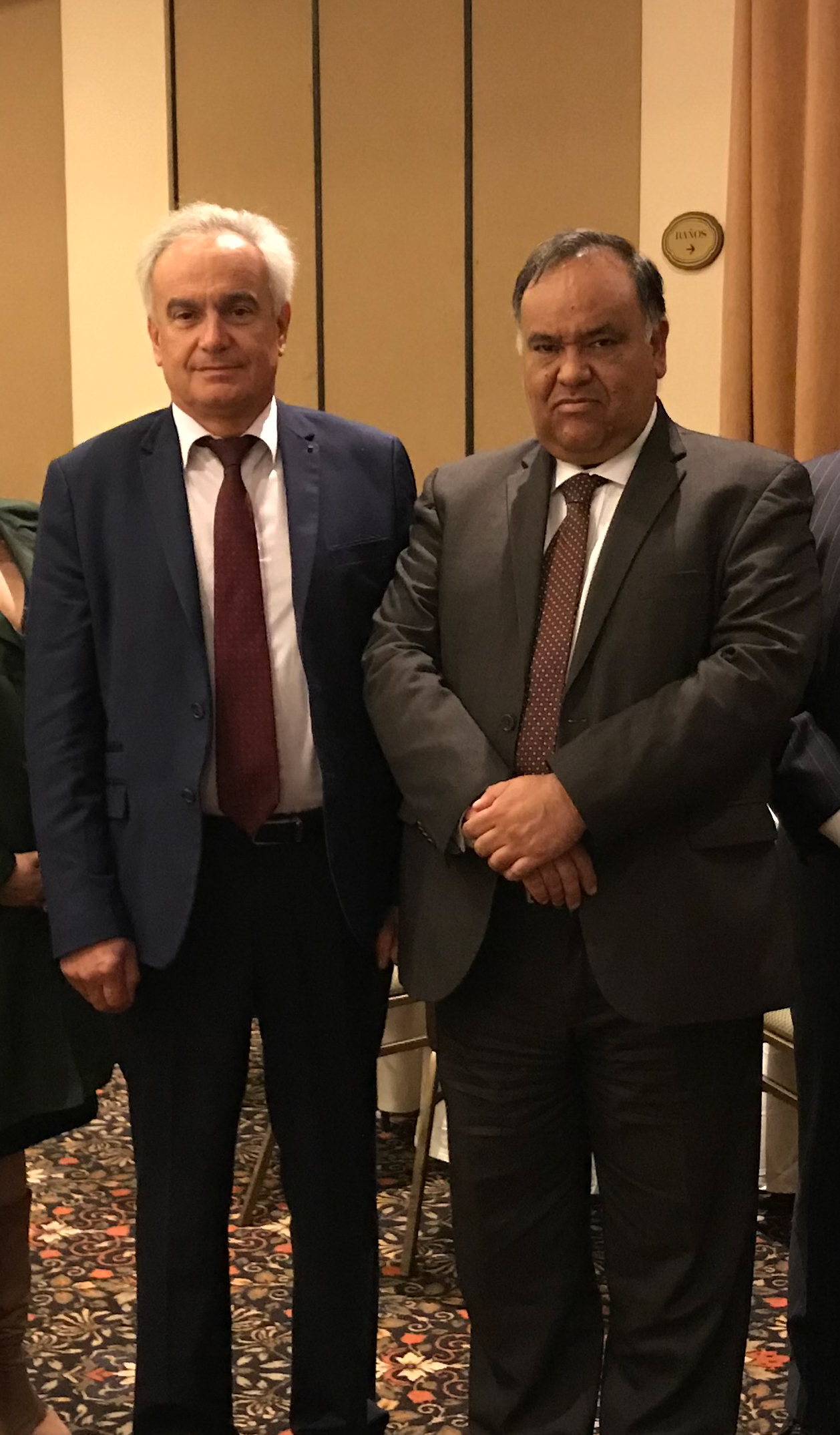
Around one hundred producers presented more than 300 samples of Pisco at this competition, which aims to promote Pisco and the reputation for quality of its appellation of origin.
There are 520 Pisco producers in Peru, who produce between 6 and 8 million litres annually.
Eight grape varieties (Quebranta, Negra Criolla, Mollar, Uvina, Italia, Torontel, Moscatel and Albilla) their blends (acholados) give Pisco its broad diversity and are at the root of the strong typicity of its yields.
Five regions (Ica, Lima, Arequipa, Moquegua and Tacna) produce Pisco in Peru, which until recently was primarily consumed within the country but which with the development of export has seen growth over the last few years.
Meetings with representatives
During his visit, Jean-Marie Aurand had an interview with the Vice-Minister for Production, Mr Javier Enrique Dávila Quevedo, then with the Minister Raúl Pérez Reyes. They reaffirmed the country's commitment to the OIV and were pleased by the quality of the relationship maintained by the two parties.
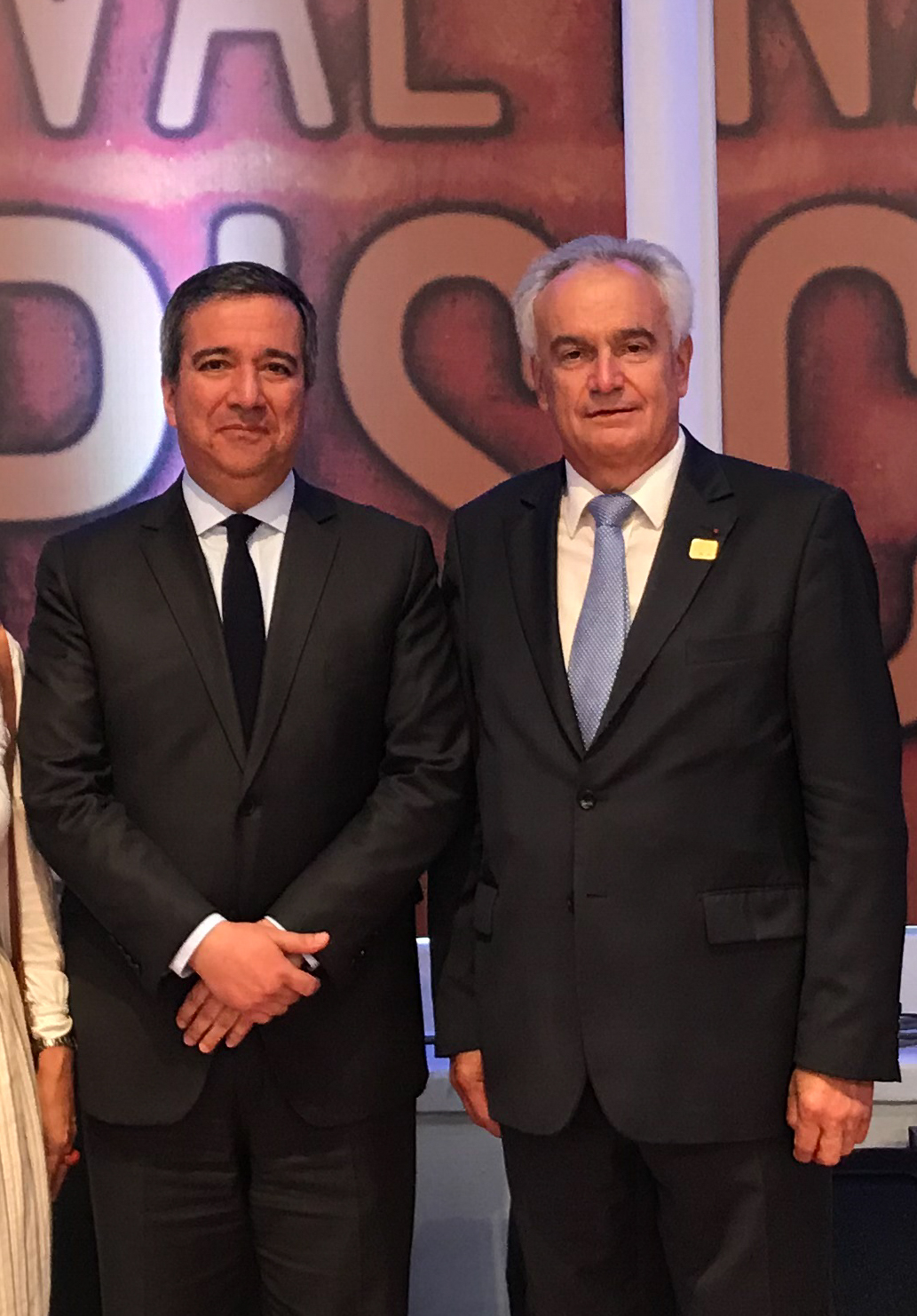
Beyond these interviews, many meetings took place with representatives of the public bodies: the Ministry of Foreign Affairs, the National Institute for the Defence of Competition and Protection of Intellectual Property (INDECOPI), the Commission for the Promotion of Peru through Export and Tourism (Promperú), as well as with bodies from the private sector: the National Society of Industries (Vitiviniculture Committee) allowed the Director General of the OIV to better explain the Organisation’s role and missions and to answer various questions about general trends in the wine and spirits market.

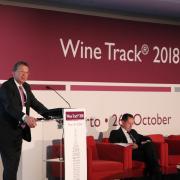
Under the OIV's high patronage, this conference organised by the Society of Chemistry Experts of France (SECF) and the Association of Oenology Laboratories of Portugal (ALABE) focused on progress in analysis techniques, standards and methods allowing for and guaranteeing the identification and authentication of wines and spirits.

The techniques and tools working together to ensure the traceability of vitiviniculture products aim to better preserve the authenticity and quality of wines, especially when it comes to counterfeits and fraud.
Traceability is meant in a very broad sense and concerns both viticulture as well as the winemaking process, the product itself, its packaging and its distribution. This year, a particular emphasis was placed on the isotopic analysis of wine, the traceability of the cork and of the glass of the bottles.
Wine Track® 2018 was a unique moment of exchange between scientists and materials and equipment providers regarding the current situation and methods available to guarantee the authenticity and traceability of products in the sector and to imagine new solutions.
The importance of guaranteeing the authenticity and traceability of vitivinicultural products
Jean-Claude Ruf, Scientific Coordinator of the OIV, emphasized the importance of guaranteeing the authenticity and traceability of vitivinicultural products in an increasingly globalised market.
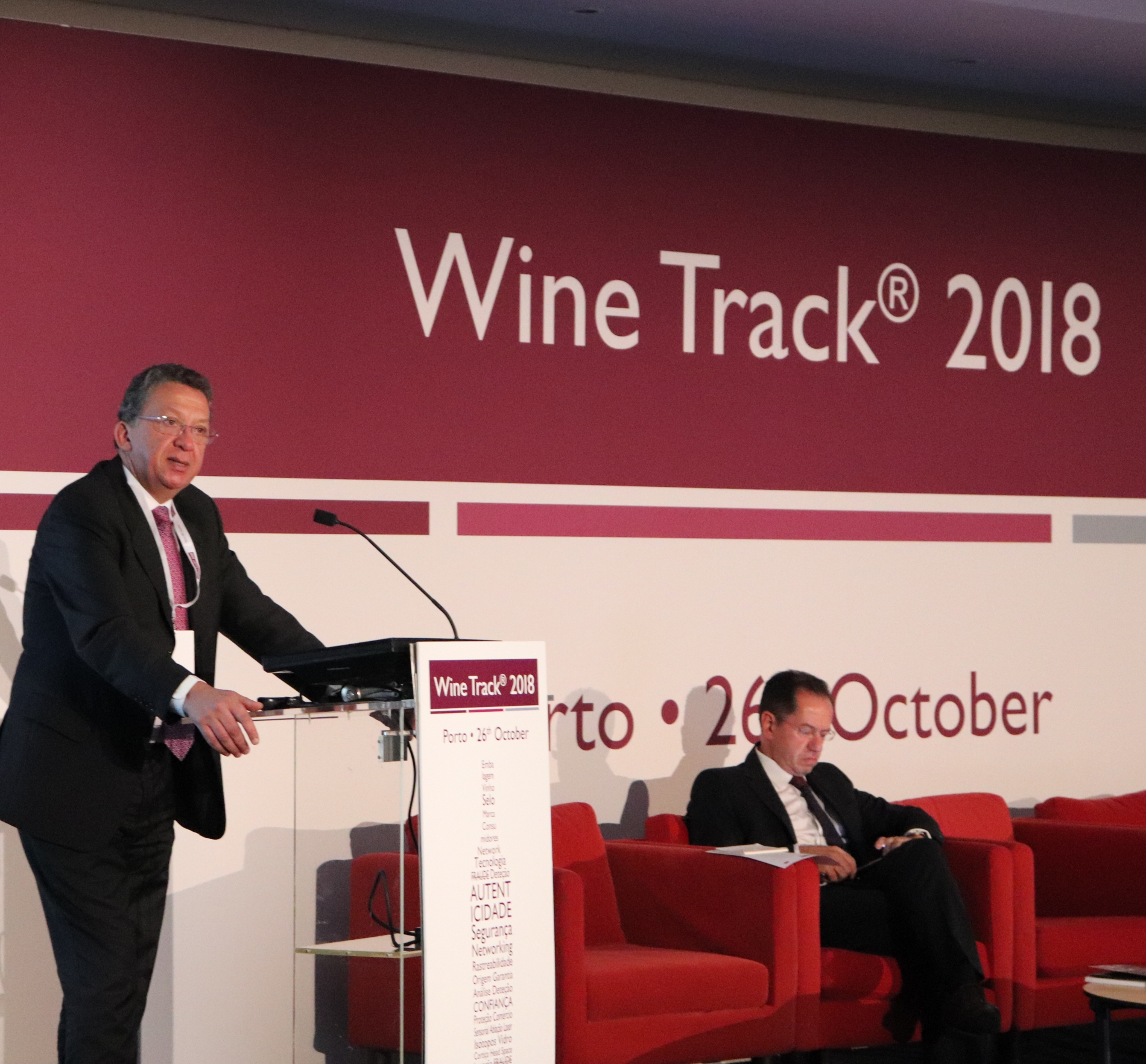
Furthermore, he detailed the steps the OIV has already taken in this area, notably through the establishment of international standards related to:
- the definition of products,
- oenological practices and especially the concern for the consumer's safety and for maintaining the authentic character of the wines and their organoleptic qualities,
- labelling rules,
- the establishment of traceability standards,
- the establishment of analytical standards in order to monitor this traceability and these origins.
Following the conference, it was decided that the next edition of Wine Track® will take place in the Champagne region (France) in 2019.
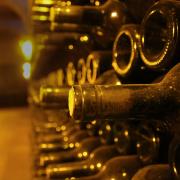
With 282 million hectolitres (mhl), 2018 vitivinicultural production is one of the highest since 2000.
- In Europe: Italy (48.5 mhl), France (46.4 mhl) and Spain (40.9 mhl) recorded very high production levels. Germany (9.8 mhl), Romania (5.2 mhl), Hungary (3.4 mhl) and Austria (3.0 mhl) have also forecasted harvests above their 5-year averages. Portugal (5.3 mhl) and Greece (2.2 mhl) were the only countries to see a decrease in production compared with 2017.
- Production levels in the United States (23.9 mhl) have remained stable for 3 years.
- In South Africa, drought significantly impacted 2018 production (9.5 mhl).
- South American production levels were very high. In Argentina (14.5 mhl) vinified production increased by 23% compared with the previous year, and in Chile (12.9 mhl) it grew by 36%. Brazil (3.0 mhl) reached a high level, even if its production fell compared with the very strong 2017 production.
- Australian wine production (12.5 mhl) declined compared with that of the previous year and New Zealand production (3.0 mhl) remained at a very high level.